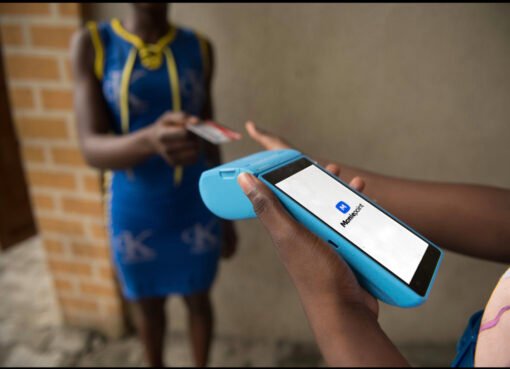Kuda Bank, Moniepoint, OPay, and Palmpay have responded to the central bank’s April ban by expanding their compliance and fraud monitoring teams, poaching talent from commercial banks and other fintechs.
Since May, Moniepoint has expanded its transaction monitoring team, hiring five people. Two of those hires were long-time OPay employees with at least three years experience at the fintech, while another joined from Flutterwave. The fintech also added at least six fraud and compliance team members in 2024 and a team lead, bringing a decade of experience in Nigeria’s banking industry.
Since the ban, Kuda has hired three compliance analysts, a Nigerian Inter-Bank Settlement Scheme compliance manager, and two fraud team members. OPay added four members to its legal team this year, while Palmpay hired six compliance staff, including a senior manager with over a decade of experience at Union Bank.
This is a shift from an industry-wide stance that once saw compliance as hindering growth. Before the ban, fintech’s risk analysis skewed towards minimal compliance staffing and relaxed customer KYC requirements for account opening, but a December 2023 central bank guideline and the April ban have changed that stance. Regulators, worried about the speed at which fintech accounts could be opened, banned the fintechs from opening new accounts and gave the fintechs a list of conditions that included restricting peer-to-peer crypto transactions and mandating KYC for all tiered accounts.
People familiar with the matter told TechCabal that the increased focus on compliance was part of the conditions for lifting the ban and aligns with the Central Bank of Nigeria’s (CBN) tougher stance on fintechs. The fintechs were asked to improve transaction monitoring, introduce proper customer management solutions, and tighten Know Your Customer (KYC) requirements.
“Compliance has always been a major part of our financial inclusion efforts, and as such, we knew that coming into a new year in 2024 and off the back of a new government, there was always going to be improved regulatory scrutiny,” a person familiar with the hiring patterns of the fintechs told TechCabal.
As Nigerian fintechs became ubiquitous and influential, they faced criticism for lax KYC measures and a perception that they help bad actors get away with fraud. “Customers can easily open Tier 3 accounts on fintech platforms in seconds. [The NSA] were worried that fintechs are rapid [in opening accounts] and told us to stop onboarding,” Tosin Eniolorunda, Moniepoint’s CEO, said in May.
The hires should help ease regulatory tensions and mitigate fraud in Nigeria’s fintech industry as compliance teams help ensure that current and future products and services meet regulatory standards.
“The central bank wants the fintechs to be more compliant, and they need more hands to make that happen. Transaction monitoring is a 24-hour job, so you need to hire many people and managers to take ownership,” one person familiar with the talks told TechCabal.
A need to please investors has also played a part in the compliance staff demand, as investors want their portfolio companies to be in regulatory-safe waters. Although fintechs are ramping up their compliance teams, only time will tell if these efforts are enough to curb fraud in Nigeria’s fintech industry.

























Comment here